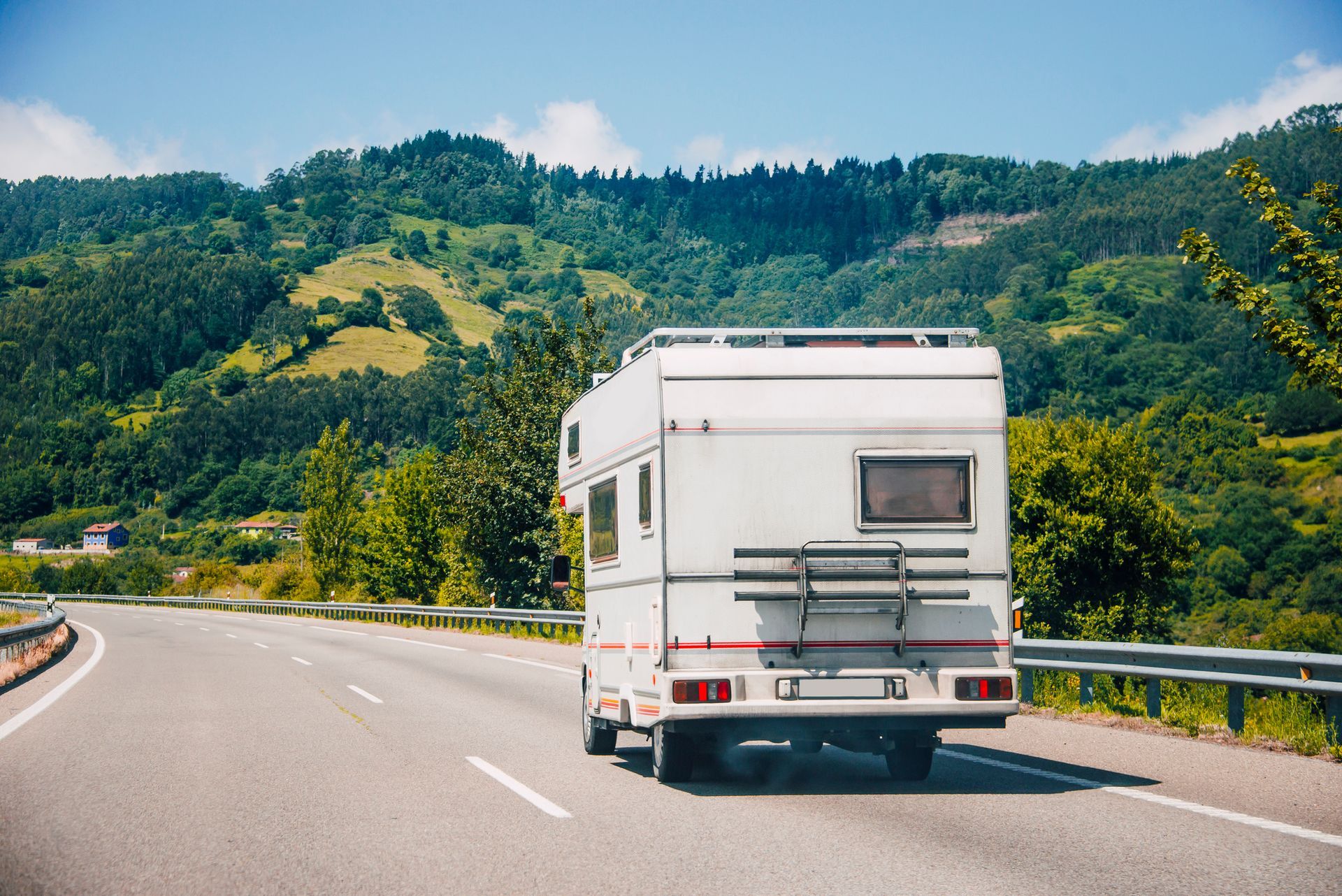
The toilet in your RV isn't the most glamorous piece of equipment in your trailer or motor home, but it is one of the most important. Abuse can quickly cause problems for RV owners, and the consequences are likely to be unpleasant.
With that in mind, it is important to keep RV toilets well-maintained. Below are four best practices for keeping your RV toilet, black water tank and associated plumbing in excellent working order.
1. Watch What You Flush
The first rule of ownership when it comes to RV toilets is to watch what you flush. It is critical that you flush only the wastes it was designed to handle: liquid and solid biological wastes along with toilet tissue.
An RV toilet is not designed to handle other waste products, such as paper, plastic, cigarette butts, feminine hygiene products, cotton balls, cotton swabs or general household trash. These items can form clogs inside the plumbing and tanks, and backups are likely to result.
In addition, other types of waste can alter the natural biological cycle inside your black water tank. This storage container facilitates the breakdown of wastes using helpful bacteria. Anything other than liquid and solid wastes can interfere with this process. The end result could be foul odors and an in-tank waste buildup.
Finally, use only toilet tissue designated as safe for septic systems or RVs. These types of paper will rapidly dissolve inside a tank and make drainage much easier. If you decide to use any other type of toilet tissue, dispose of it separately in a waste receptacle.
2. Maintain Your Black Water Tank Contents
Another important practice when it comes to RV toilet maintenance is taking care of the black water tank contents. Besides not flushing the wrong materials, it is helpful to treat the black water tank on a regular basis.
There are a number of commercial products available for black water tanks, many of which are designed to aid the process of breaking down wastes. Other products are more oriented toward odor control or for cleaning the tank level sensors, so avoid assuming that a single product "does it all.
In addition, never pour chemicals designed for home plumbing into an RV toilet. Drain cleaners that contain lye or other caustic substances could damage the plastic tank or its plumbing, resulting in leaks or expensive damage to the RV.
3. Know When to Empty the Black Water Tank
An additional consideration that will help keep your toilet and disposal system working smoothly is to empty the black water tank only when necessary. Many RV owners keep their gray water tanks open to drain when hooked up to an on-site sewer connection.
However, leaving black water tank valves open is a bad idea, as solid wastes will be left behind as liquid wastes drain. Ultimately, you will be left with a tank full of solids that will need to be flushed out with a garden hose or with other means.
Instead, it is important to allow the black water tank to fill up before emptying. If you are ready to empty the tank, and it isn't full, be sure to add water to the tank via the flush valve of your toilet. This will wash out the tank and keep solids from settling to the bottom.
4. Treat Your Toilet with Respect
Another key to keeping your RV toilet and system well-maintained is to treat the toilet with respect. RV toilets are not usually as rugged as the porcelain toilets found in a home, and they probably won't endure rough treatment for long.
For example, use gentle foot pressure when flushing the toilet and avoid pressing the pedal all the way to the floor. This will prevent stressing the mechanism and wearing out the springs. In addition, keep a little water in the toilet bowl at all times; the ball-valve gasket should be kept moist to prevent it from cracking and leaking.
If you have questions about your RV toilet, be sure to contact RV Service Center of Santa Cruz for help. Their friendly team of professionals can help you keep your system maintained and perform service as needed.

